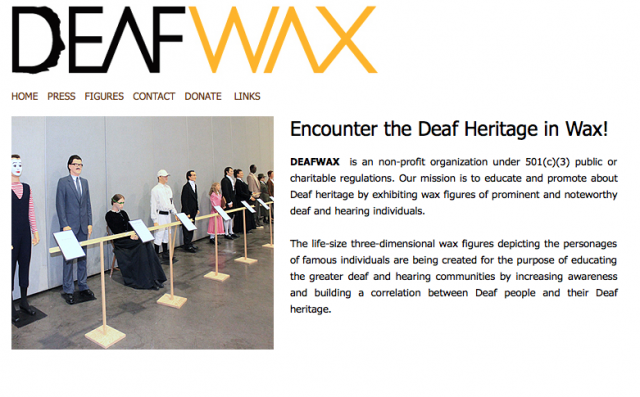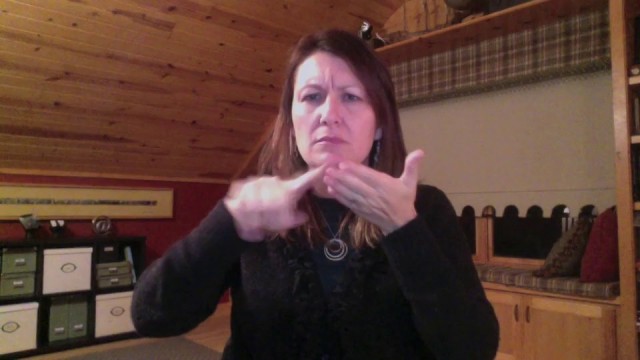Originally appeared in Silent News, July 2001.
Every day I open my e-mail, and am often bombarded with e-mail after e-mail about various situations at schools in the nation. It’s almost frightening for me at this point. It’s tragic that so many things are happening at so many different schools. Let me give you a quick rundown of the problems facing us at the various schools in the country, in addition to the crisis at Riverside, Calif.
Beverly School for the Deaf has closed its residential program due to declining enrollment, but continues to operate its school. St. Mary School for the Deaf in Buffalo, N.Y., recently experienced an uproar when a committee offered the superintendent position to Dr. William Johnson of the Iowa School for the Deaf instead of Dr. Reginald Redding. This happened even though the community and majority of the search committee clearly favored Redding. Washington School for the Deaf (Vancouver) got bruised recently by a series of in-depth articles in the newspaper about the sexual and physical abuse that allegedly existed at the school. North Carolina School for the Deaf (both Eastern and Morganton) had a revisitation of the battle that Central (Greensboro) experienced when they learned that the state legislation was going to cut their budget and suggest the closure of their schools. The same happened at Alabama with a profound budget cut. The sexual abuse cases at Governor Baxter in Maine continue. The list goes on and on.
Even though I’m not a product of a residential school (unless you count one measly year at Illinois), I still ache when I hear about all these punches in deaf schools’ stomachs. I am a firm supporter of the continuance of residential schools. Most of the deaf people in my family are products of residential schools, and I think they’re all great, great people. No, not all of them are American Sign Language (ASL) users. Some of them are hard of hearing, or oralists. Anyway, I’ve talked with them about their experiences at their schools (a total of five different states), and none had bad things to say. And even the difficult experiences were things they could laugh about today. I didn’t exactly have pleasant experiences at my deaf school, but I wouldn’t change a thing.
Yet, we can’t deny that problems exist at schools. Simply because there’s so much history doesn’t mean that things shouldn’t change. There’s a world of opportunity out there with all these crises; this is the deaf community’s opportunity to clean up the schools – that is, if they don’t get shut down first. Give people who are truly the best and qualified candidates in the “deaf school experience” an opportunity to try and improve the schools. I wonder why it’s not acceptable for deaf agencies or schools to give priority in jobs to those who have direct experience with the community (i.e. deaf people, CODAs, etc.)? Is that so wrong? Here at Silent News, we give priority to deaf and hard of hearing writers, though we don’t bar hearing writers with minimal involvement from writing for us. This is a newspaper about the deaf and hard of hearing community. It’s only logical.
Yes, I know I’m simplifying a very complex subject. It’s just so sad to see all our history – which is quickly being recorded before schools die out or before anything happens – become just that: history.
However, these crises can do what the Deaf President Now movement did for us 12 years ago: unite us in a common cause. And what is that common cause? Equal and fair access. Such a simple concept, yet such a Pandora’s Box.
Time after time, we see people trying to take us back to the days of the 1880 Milan Conference. Yet the deaf and hard of hearing community continues to unite whenever it is necessary, whether it be communication issues, language issues, or simple humanitarian issues.
With our history, this is our opportunity to unite and figure out just how we can save our schools, our language(s), and our community.
Copyrighted material. This article can not be copied, reproduced, or redistributed without the written consent of the author.


